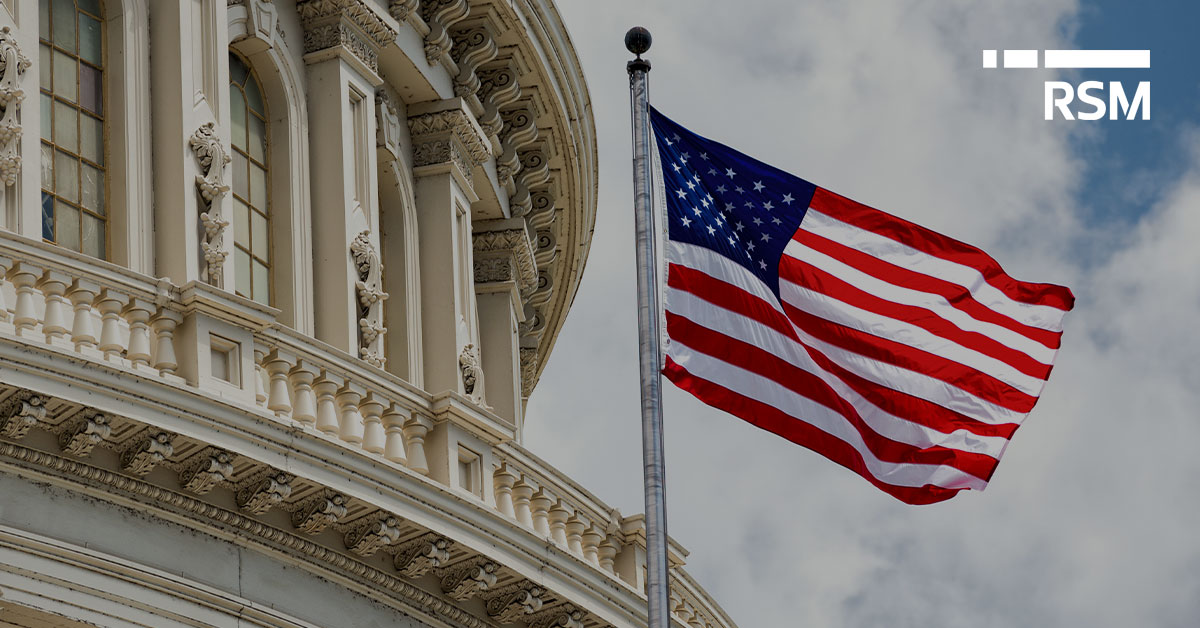Background
All section 501(c)(3) organizations must dedicate their assets to one or more exempt purposes described in section 501(c)(3). Treas. Reg. section 1.501(c)(3)-1(b)(4) generally provides that a section 501(c)((3) organization will satisfy this requirement by including a dissolution clause to this effect in its articles of organization. Alternatively, an organization formed in a state, the laws of which otherwise satisfy the dissolution requirement, need not include an express dissolution provision in its organizing document. Rev. Proc. 82-2 identified these states, permitting organizations formed in such jurisdictions to rely on state law with respect to their dissolution provisions.
Similarly, a section 501(c)(3) organization classified as a private foundation under section 509(a) must include in its governing instrument provisions that require the organization to comply with the restrictions imposed by Chapter 42. Specifically, section 508(e) requires that a private foundation’s governing instrument require the foundation to satisfy its minimum distribution requirement and prohibit the foundation from engaging in self-dealing, retaining excess business holdings, making jeopardizing investments or making taxable expenditures. Treas. Reg. section 1.508-3(d) provides that a foundation is deemed to meet this requirement if valid provisions of state law compel the foundation act (or refrain from acting) in the same manner. Rev. Rul. 75-38 provided a list of states that enacted statutory provisions satisfying these requirements.
Rev. Proc. 2024-22 and Rev. Rul. 2024-10
IRS Chief Counsel attorneys have recently commented about a project to obsolete both Rev. Proc. 82-2 and Rev. Rul. 75-38 because state laws have materially changed in the last 40 years, creating confusion for IRS determinations agents and taxpayers alike. Pursuant to Rev. Proc. 89-14, sections 7.01(5) and (6), revenue procedures and revenue rulings cannot be relied upon to the extent that they are predicated on sate law that has materially changed. Because the lists of states in both pieces of guidance are no longer accurate, the IRS released Rev. Proc. 2024-22 and Rev. Rul. 2024-10 to formally obsolete the earlier guidance.
PMTAs provide updated state law information
Also in public comments, IRS Chief Counsel attorneys noted that regularly updating precedential guidance of this nature is both time-consuming and unrealistic. However, non-precedential guidance, like PMTAs, are easier to issue and provide a better format for providing taxpayers with timely guidance even if they cannot formally rely on such guidance.
In conjunction with obsoleting the prior guidance, the IRS publicly released PMTA 2024-02 and PMTA 2024-03, which provide state laws that satisfy the section 501(c)(3) organizational requirements related to dissolution provisions and private foundation governing instrument requirements, respectively. The state law information is current through April 23, 2024.
RSM US takeaways
Compliance with organizational requirements is key to obtaining and maintaining an organization’s tax-exempt status. The obsolescence of outdated guidance and the issuance of newly updated PMTAs will enable the IRS to timely provide updated administrative guidance with respect to critical changes in state laws affecting exempt organizations. RSM recommends working closely with legal counsel when drafting or amending organizational documents to ensure all state and federal tax law requirements are satisfied and, for the avoidance of doubt, also recommends including the required language rather than relying on operation of state law. RSM can assist in reviewing governing documents for compliance with federal tax law organizational requirements. In addition, we can prepare and review exemption applications to help newly-formed organizations obtain exempt status.



